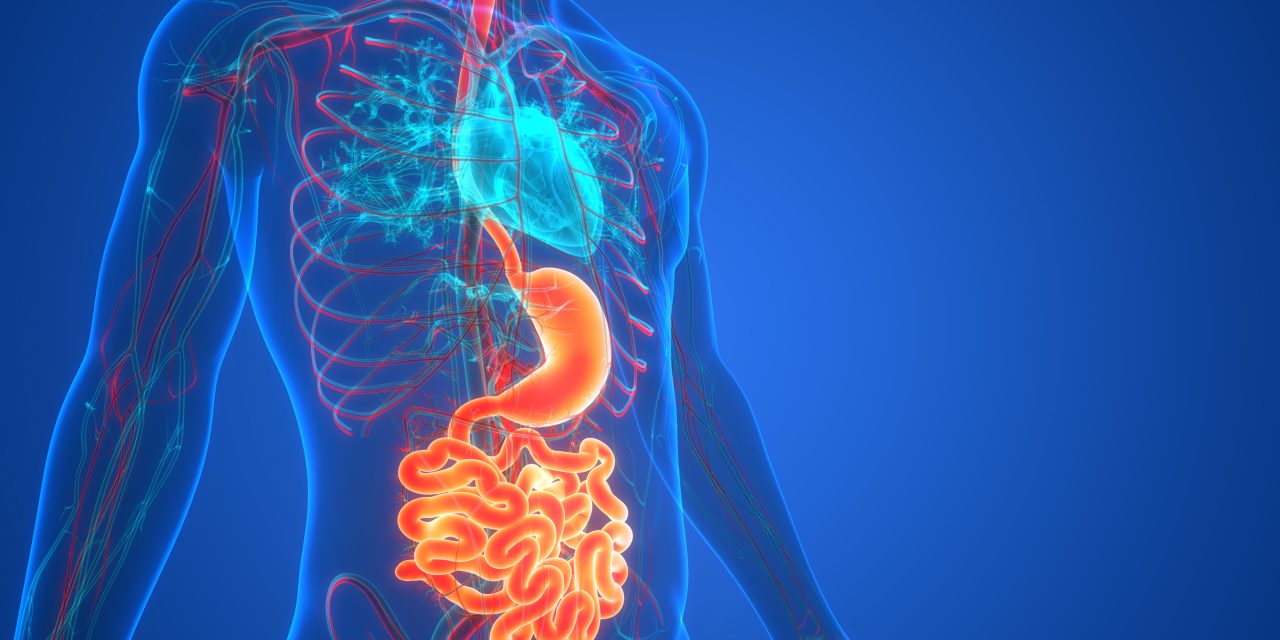The presence and severity of upper gastrointestinal mucosal lesions have not been evaluated using esophagogastroduodenoscopy (EGD) in patients receiving ticagrelor plus aspirin or alone after myocardial revascularization. We assessed upper gastrointestinal mucosal injury and use of proton pump inhibitors (PPIs) in patients receiving 1 year of antiplatelet therapy after coronary artery bypass grafting (CABG).
In this single-centre prospective substudy of a randomised trial, 231 patients completing 1-year antiplatelet therapy (ticagrelor 90 mg twice daily plus aspirin 100 mg once daily, ticagrelor 90 mg twice daily, or aspirin 100 mg once daily, in 81, 80 and 70 patients, respectively) after CABG underwent C urea breath testing (UBT) and EGD. Gastroduodenal lesions were assessed by modified Lanza score and reflux esophagitis (RE) was evaluated according to Los Angeles classification. Additionally, at least one ulcer ≥5 mm was separately analysed.
Among 231 patients, EGD showed 28 (12.1%) with ulcers ≥5 mm, which were detected in 13.6% (11/81) of ticagrelor plus aspirin recipients, 8.8% (7/80) of ticagrelor recipients and 14.3% (10/70) of aspirin recipients, and 24 (10.4%) had RE. Eighty-eight (38.1%) patients had a positive C UBT after 1 year of treatment and one patient received eradication therapy during follow-up. Nineteen (8.2%) patients received a PPI for ≥6 months.
Severe upper gastrointestinal mucosal lesions were more frequently observed in patients treated with ticagrelor plus aspirin and aspirin monotherapy than in patients treated with ticagrelor monotherapy for 1 year post-CABG. Prophylactic use of PPIs might be inadequate. Clinicaltrials.gov: NCT02201771.
This article is protected by copyright. All rights reserved.
Upper Gastrointestinal Mucosal Injury Associated with Ticagrelor Plus Aspirin, Ticagrelor Alone, or Aspirin Alone at 1-Year Post-CABG.


